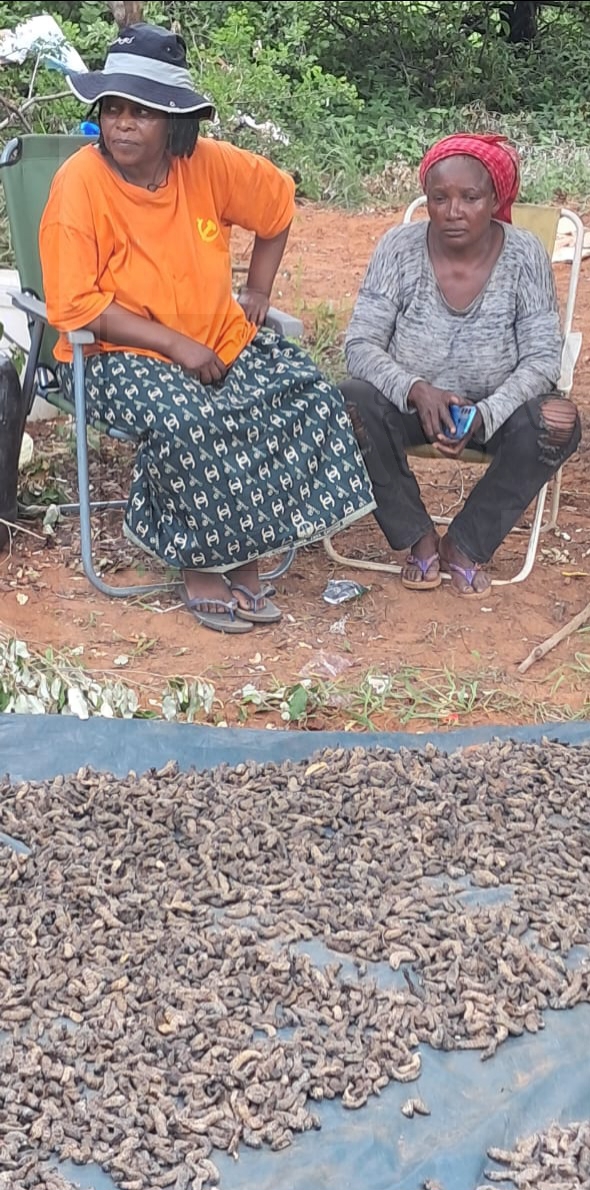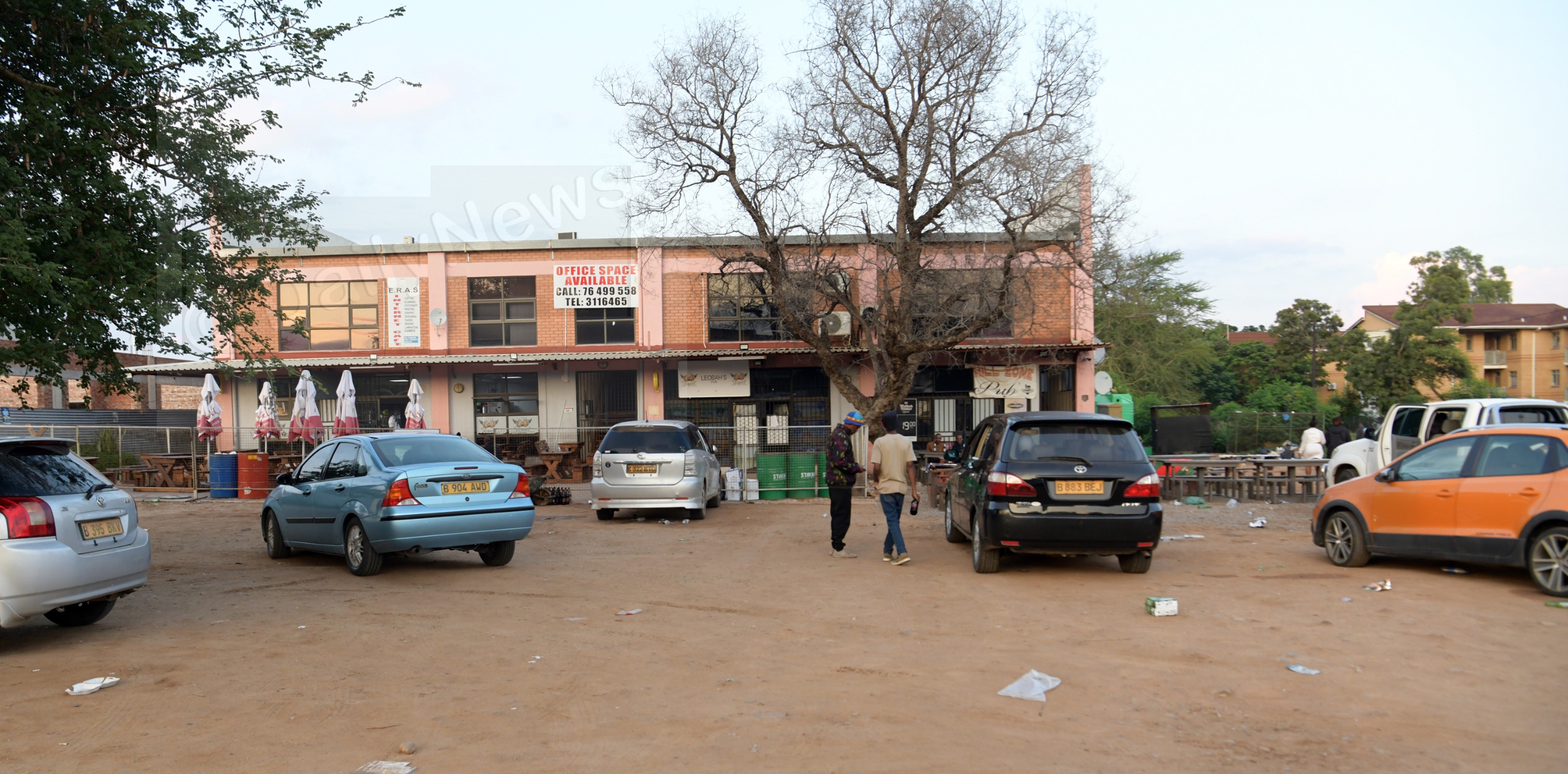Quality goods open doors for export market
03 Mar 2024
Two consultants from France and Zimbabwe through the Job Creation and Investment Climate (JCIC) programme in collaboration with Impact Fund Company have organised training to equip local handicraft persons with skills on how to develop quality products that can penetrate both local and international markets.
The JCIC is a programme supported by EU to facilitate training and consultancy as well as assist organisations to enhance their competitiveness, achieve high performance and run their operations more cost effectively and efficiently.
Impact Fund craft-hood and economic empowerment officer, Ms Gosaitse Lekoko confirmed in an interview that the consultants would train some basket weavers from Ngwao Boswa Basket Weavers at Gumare in the Okavango District and some artisans from Kuru D’Kar Trust in the Ghanzi region, who use ostrich eggshells to manufacture unique products.
The selected artisans, she said would be trained on product development and quality to strengthen their attractiveness and competitiveness.
She appreciated local artists for their potential to manufacture.
She however, said access to lucrative markets was a challenge.
Prior to training, the consultants engaged with the players in the tourism industry to appreciate why they were not supporting local crafts, but they complained that locals could not meet the demands therefore they were forced to acquire crafts from other countries.
They emphasised the importance of training craftsmen and women on product development, quality and trading so that they became consistent in supply to meet customer needs.
Ms Gertrude Zakaria, who operates a curio shop at Maun Airport, said they were importing more crafts from South Africa and Zimbabwe because it was not easy to secure them locally.
“The majority of our clientele want products made in Botswana, but there are delays in delivery.
That is why we opted to import. We are willing to support Botswana products, but there is no consistency in supply to meet the demand,” Ms Zakaria said.
For her part, Ms Kay Porter of Safari Destination Company said locals needed to be trained on product development and quality.
She said they sourced goods from as far as Ghanzi despite Ngamiland having good craftsmen and women.
However, one of the consultants, Ms Jane Taylor said the local tourism industry was advanced and called upon businesses to provide market for local handicrafts, adding that greater access to both local and export markets could be instrumental in improving economic growth in the country.
“There are many safari companies in Maun and I was shocked to see low supply of locally made crafts in their facilities and shops.
I realise there is need to help on product development because this region has strong heritage collection, but access to market is limited,” Ms Taylor said.
She appreciated that Batswana had resources, skills and capacity but lacked marketing strategies to penetrate lucrative market and remain competitive.
She also emphasised the need to promote and support buy-Botswana concept.
Ms Taylor urged companies to work closely with crafts persons to ensure consistency in orders.
She also called upon crafts persons to understand the market needs before they could produce, noting that JCIC provided solutions for locals to export on a large scale to improve their livelihoods. Ends
Source : BOPA
Author : Esther Mmolai
Location : maun
Event : Training
Date : 03 Mar 2024





